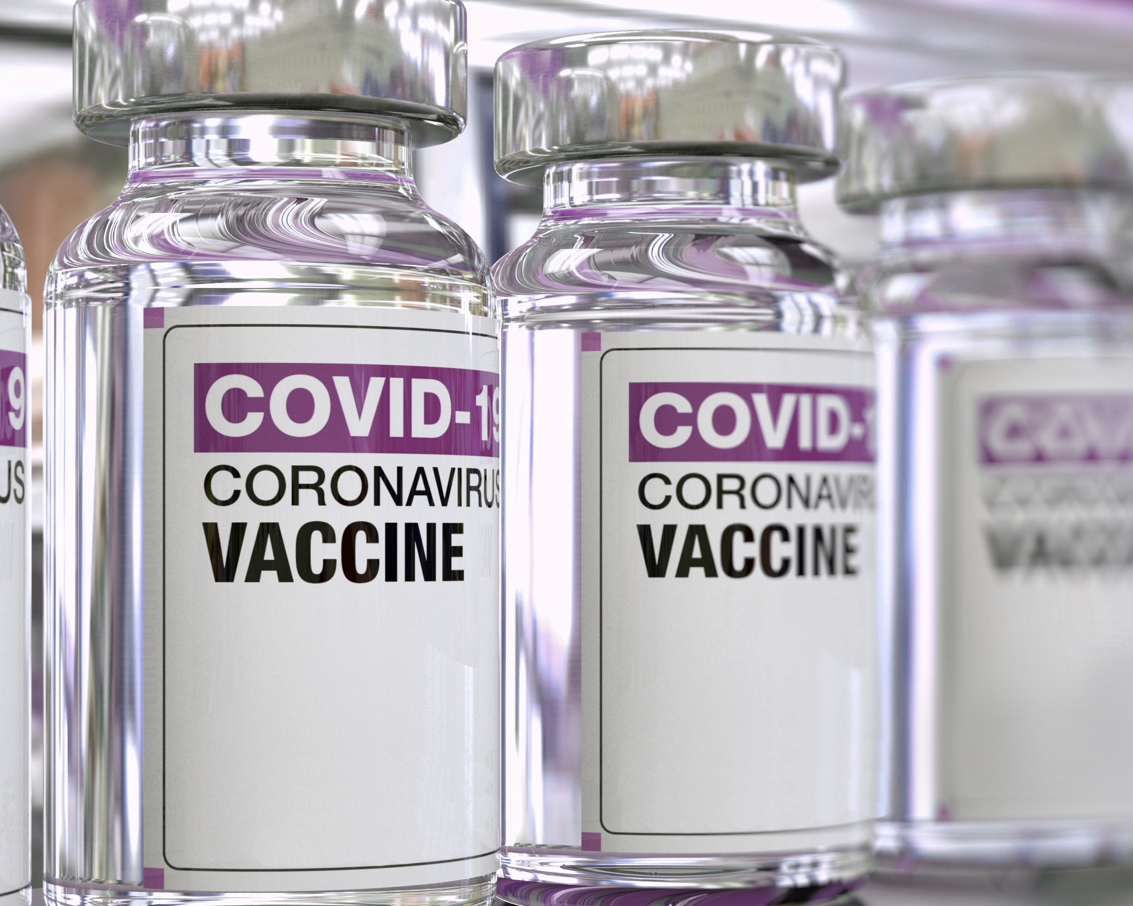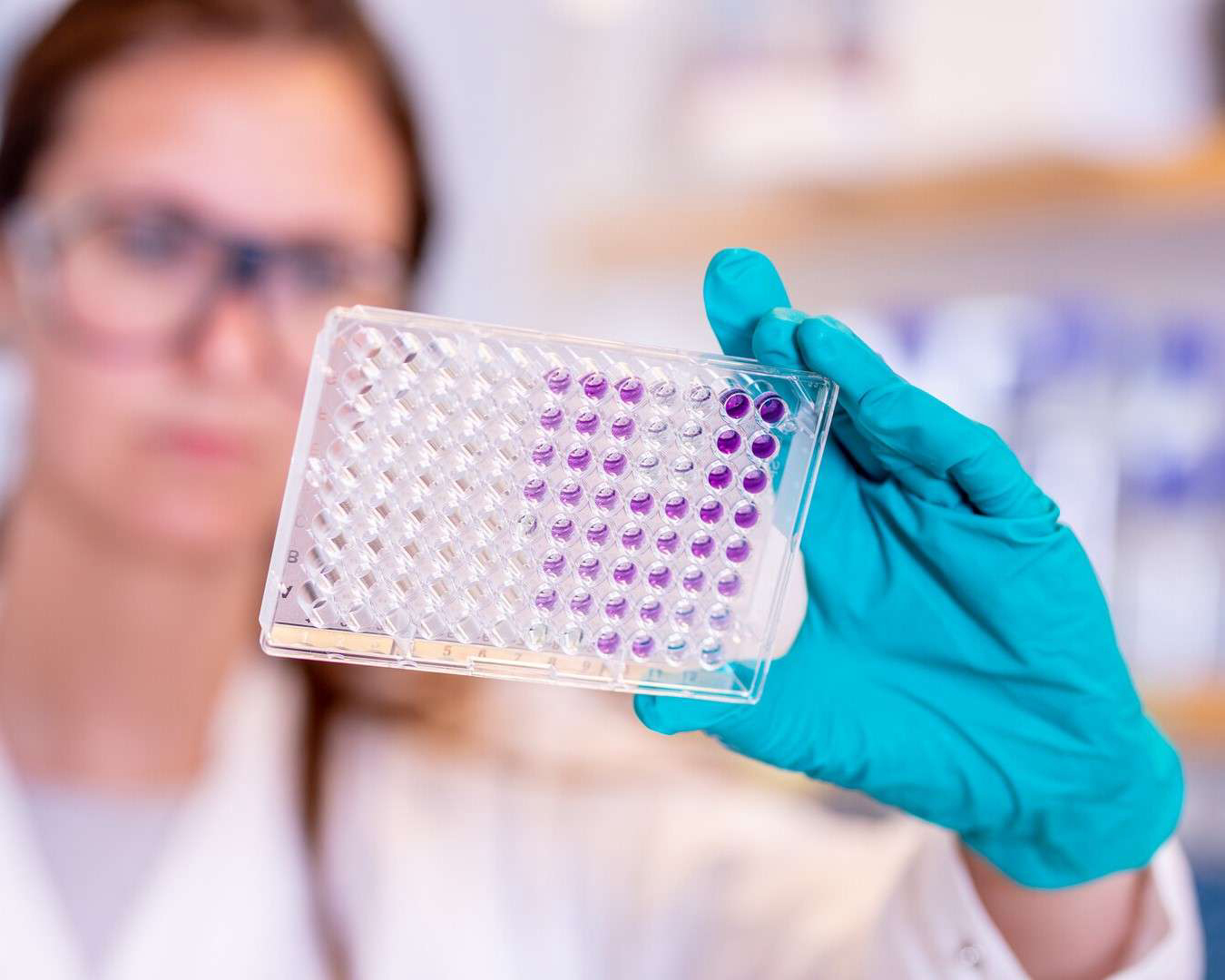
Currently, COVID-19 vaccines have become one of the most useful and essential medical possessions, resulting in the control, eradication, or near eradication of novel coronavirus. Immunization which people will receive from the COVID-19 vaccine will protect the people from each age group. However, experts across the world are debating over the preference issue for the age group of children for COVID-19 vaccine and there are some crucial reasons behind that. Yes, children of all ages can be infected with COVID-19, but most of the kids who are infected particularly don’t become as sick as adults and some children might not show any kind of symptoms at all. And now the University of Oxford has launched a study to assess the safety and immune response of the COVID-19 vaccine it has developed with AstraZeneca in children for the first time.
While the children are also capable of getting the virus that causes COVID-19, they don’t become sick easily like adults. And most children only have mild symptoms or no symptoms at all. The recent trial by Oxford will determine whether the AstraZeneca vaccine is effective on people between the age group of 6 to 17. Around 300 volunteers will be enrolled and the first vaccinations are expected in February only. Volunteers who live near one of the four study sites, the University of Oxford, St. George’s University Hospital in London, University Hospital Southampton, and Bristol Royal Hospital for Children, are being requested to sign up for the trials. AstraZeneca has aimed to produce 3 billion doses this year and over 200 million doses per month by April. Yet, there are presently no plans for children to be vaccinated with the Oxford AstraZeneca vaccine in the United Kingdom, as it has merely been authorized to prevent COVID-19 in people aged 18 or over. With trial of 300 volunteers, the scientists will analyze whether the vaccine produces an effective immune response in children. As many as 240 children will surely receive the vaccine, and the others will receive a control margins of doses when the trial gets underway. This vaccine is one of the two being utilized to protect people against serious health impacts and deaths from the COVID-19, along with the Pfizer-BioNTech vaccine.

The list by The Pfizer-BioNTech vaccine is only authorized in those aged over 16, and its priority list similarly excludes any person under the age of 16, even the people who are clinically extremely vulnerable. Chief investigator at the Oxford vaccine trial and professor at pediatric infection and immunity, Andrew Pollard, explained to BBC that most of the children were relatively unaffected by the COVID-19 and were unlikely to become sick due to the virus. However, he also explained that it was crucial to establish the safety and immune response to the vaccine in children and young people as some children might benefit from the vaccination process. The deputy chief medical officer of England, Prof Jonathan Van-Tam told ITV News that numerous trials were underway to develop vaccines that were safe and effective in children, and there would be some licensed children’s COVID-19 vaccines by the end of 2021. The University of Oxford has announced that the initial trial of the COVID-19 vaccine in the 6 to 17 age group has started, but for now, they are only focusing on measuring the efficacy of the vaccines for that particular age group. According to the Royal College of Pediatrics and Child Health, there is proof that COVID-19 can cause death and serious level of sickness to children, but is extremely rare. It told BBC, “In children, the evidence is now clear that COVID-19 is associated with a considerably lower burden of morbidity and mortality compared to that seen in the elderly”.
One more vaccine can also support the trials which can change and resolve the COVID-19 vaccination issues related to children. The third vaccine from Moderna has been approved for utilization in the United Kingdom but supplies are not expected soon. Some experts recommend that children might not be as severely affected by COVID-19 because other coronavirus types spread in the community and cause diseases such as the common cold with other usual symptoms. Since children often get regular ailments like cold, their immune systems might be aware to offer them defense against COVID-19. It is similarly possible that children’s immune systems interrelate with the virus contrarily than any adult’s immune system. Some adults likewise get sick because their immune systems seem to overstretch to the inner infection, triggering more damage to their system, and this may be less likely to happen in children, but there are always some possibilities of the infections. The role that children across the world will play in the program, once they have attained the infection, is yet uncertain, and likewise, there is no evidence that they are any more infectious than adults. The answer is not clear yet. And if the University of Oxford gets effective results in its new trial, this immunization process for children can protect numerous lives.
__________________________
Reference:
- www.bbc.com
- www.ovg.ox.ac.uk
- www.data.unicef.org
